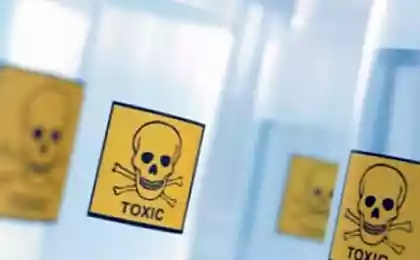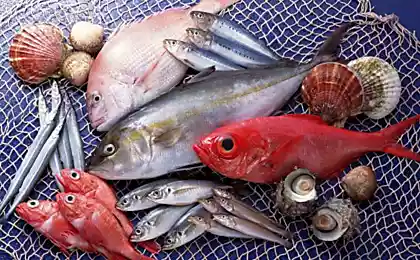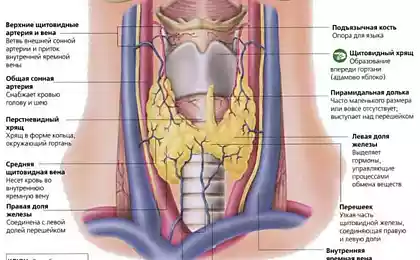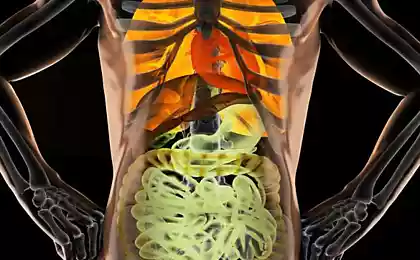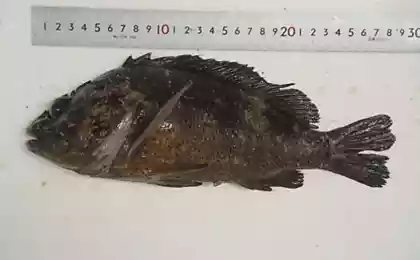379
A well-known neurotoxin in seafood turned out to be a neurotoxin
American researchers came to the conclusion that a well-known neurotoxin can damage the kidneys at concentrations much lower than required for the onset of neurological symptoms.
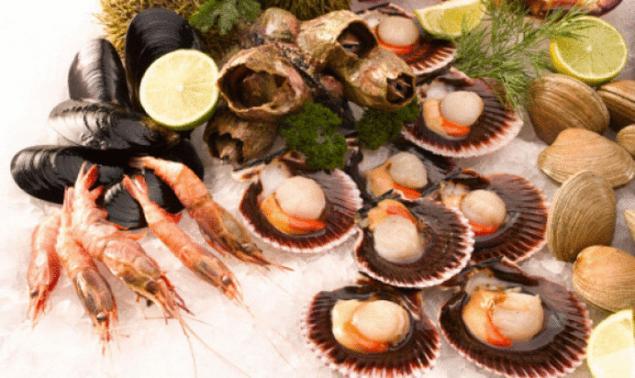
We are talking about Domovoi acid, found after the poisoning of more than 100 people in Canada in 1987. This substance is produced close to algae in the presence of certain bacteria and accumulates in molluscs and fish. In the use of mammals as food of sufficient saturated with the toxin of seafood they have there is a loss of neurons due to the activation of kanatnyj and AMPA receptors, particularly in the hippocampus and the amygdala. This is manifested by short term memory loss, other neurologic symptoms (at high doses) death. Because of this, the maximum allowable concentration of a neurotoxin in seafood in many countries are regulated by sanitary norms.
Because doveva acid excreted by the kidneys, employees of the University of South Carolina decided to study its effect on these organs. To do this, they injected various doses of toxin laboratory mice.
It turned out that doveva acid causes kidney damage at concentrations approximately 100 times lower than those toxic to the nervous system. In particular, the animal showed damage to the renal vessels and tubules acute tubular necrosis, apoptosis, desquamation of the epithelium, toxic vacuolization and mitochondrial swelling.
According to researcher Darwin bell (Darwin Bell), the data may initiate a review of maximum permissible concentrations Domovoi acid in the diet, but before that you need to confirm that a similar effect on the human kidney. The study is published in the Journal of the American Society of Nephrology.
Source: /users/413

We are talking about Domovoi acid, found after the poisoning of more than 100 people in Canada in 1987. This substance is produced close to algae in the presence of certain bacteria and accumulates in molluscs and fish. In the use of mammals as food of sufficient saturated with the toxin of seafood they have there is a loss of neurons due to the activation of kanatnyj and AMPA receptors, particularly in the hippocampus and the amygdala. This is manifested by short term memory loss, other neurologic symptoms (at high doses) death. Because of this, the maximum allowable concentration of a neurotoxin in seafood in many countries are regulated by sanitary norms.
Because doveva acid excreted by the kidneys, employees of the University of South Carolina decided to study its effect on these organs. To do this, they injected various doses of toxin laboratory mice.
It turned out that doveva acid causes kidney damage at concentrations approximately 100 times lower than those toxic to the nervous system. In particular, the animal showed damage to the renal vessels and tubules acute tubular necrosis, apoptosis, desquamation of the epithelium, toxic vacuolization and mitochondrial swelling.
According to researcher Darwin bell (Darwin Bell), the data may initiate a review of maximum permissible concentrations Domovoi acid in the diet, but before that you need to confirm that a similar effect on the human kidney. The study is published in the Journal of the American Society of Nephrology.
Source: /users/413



